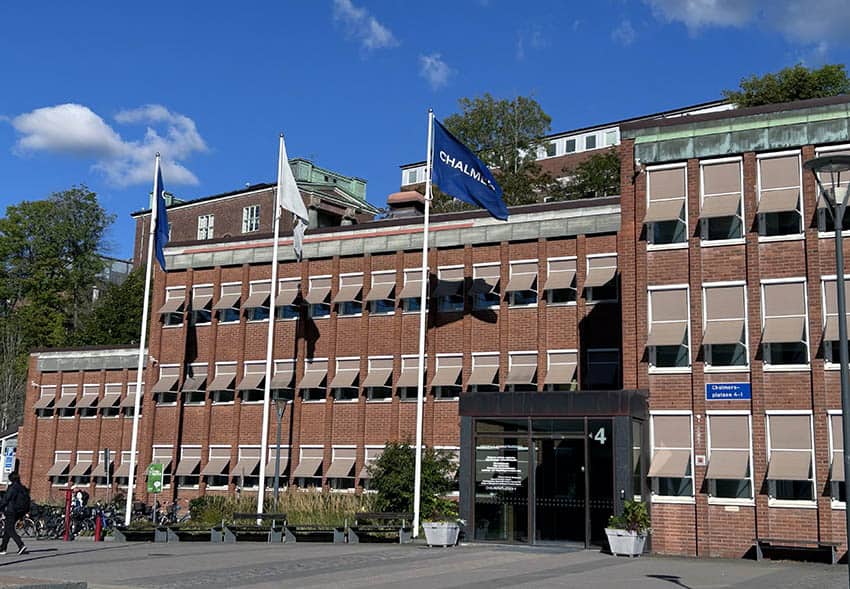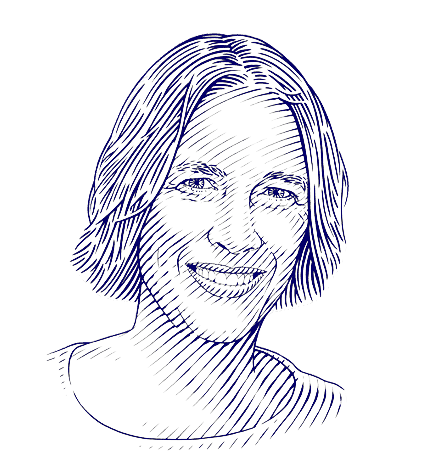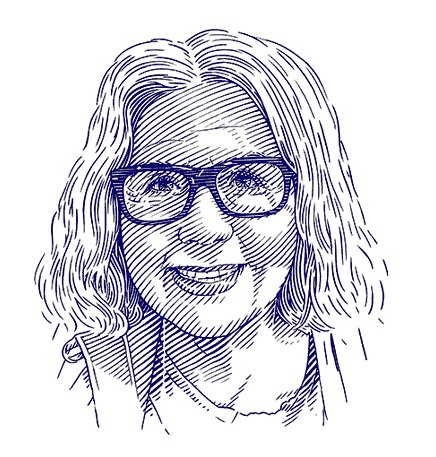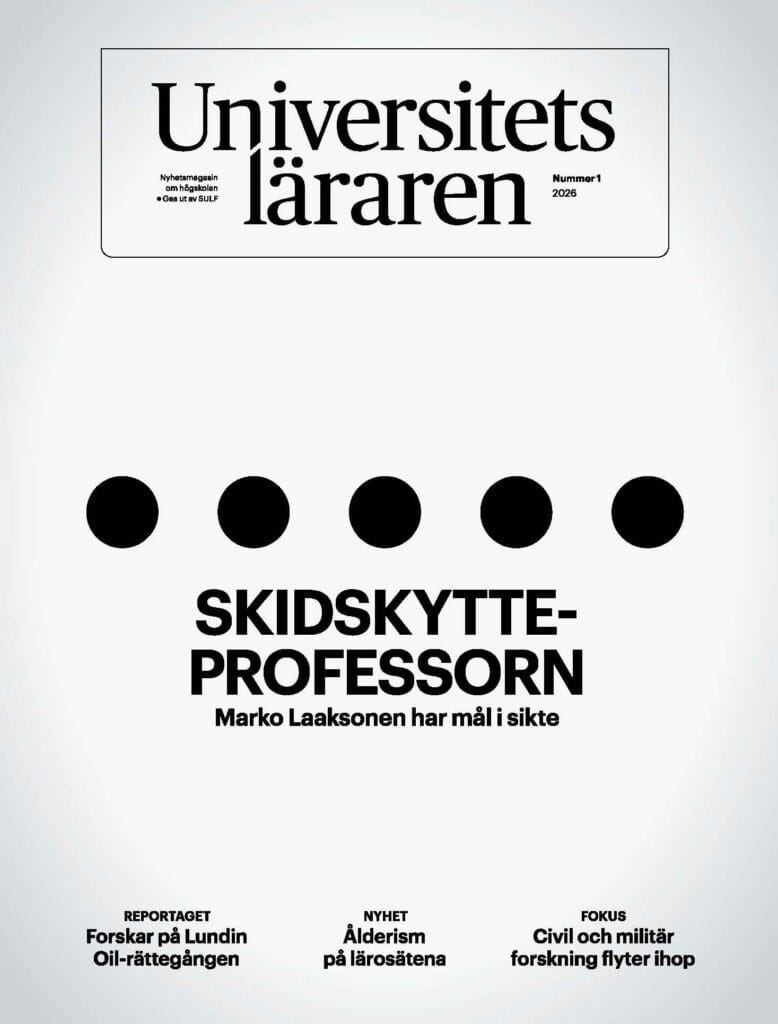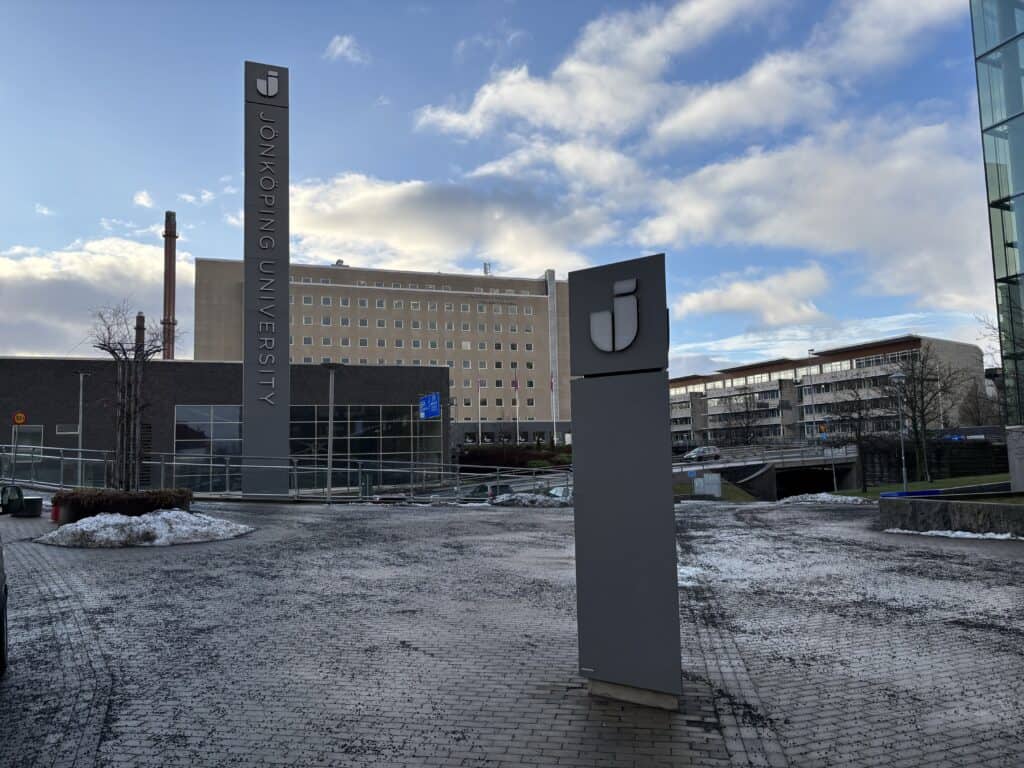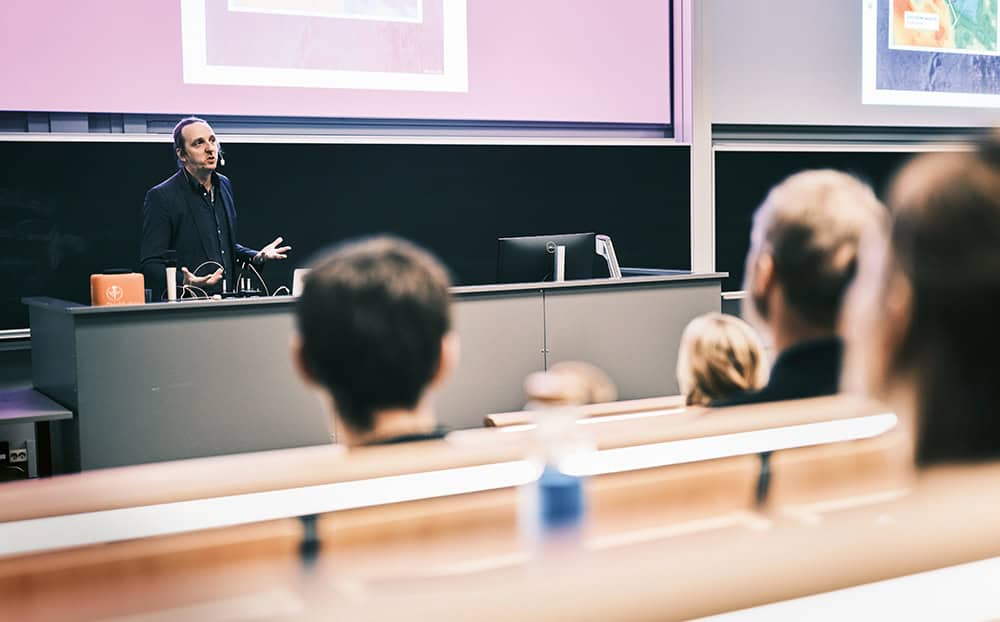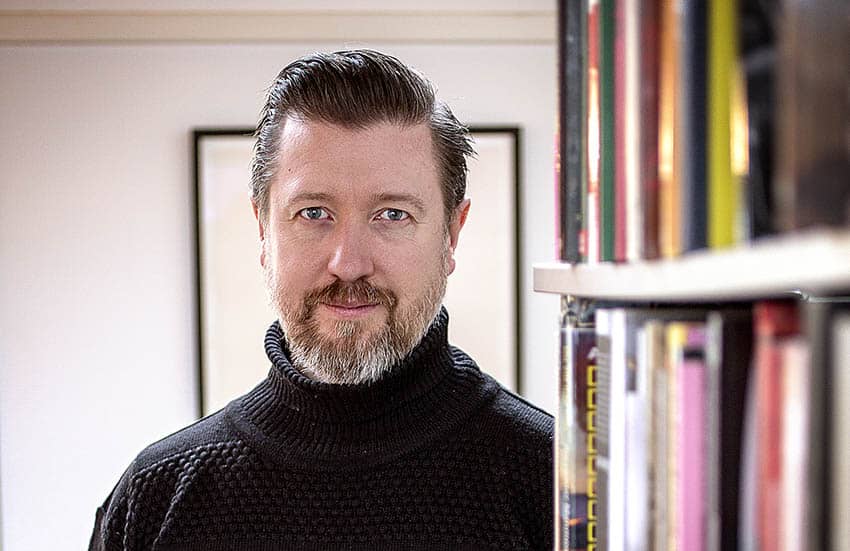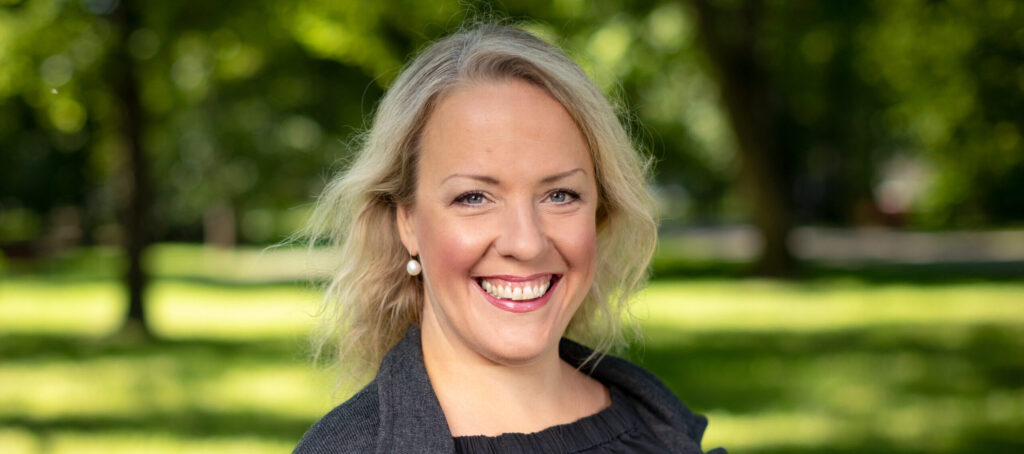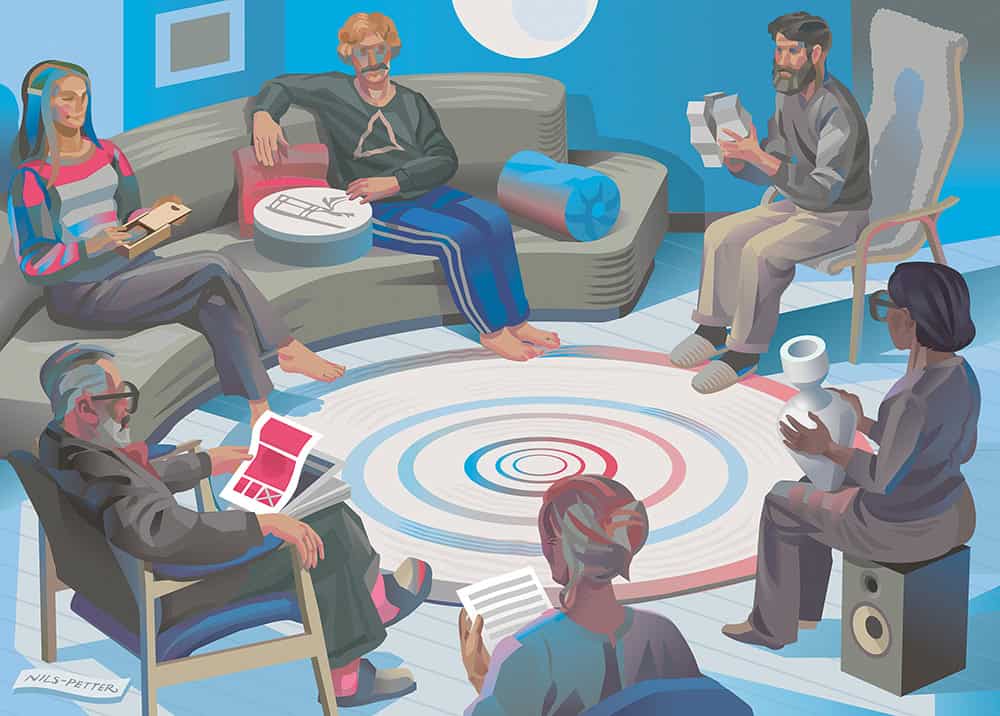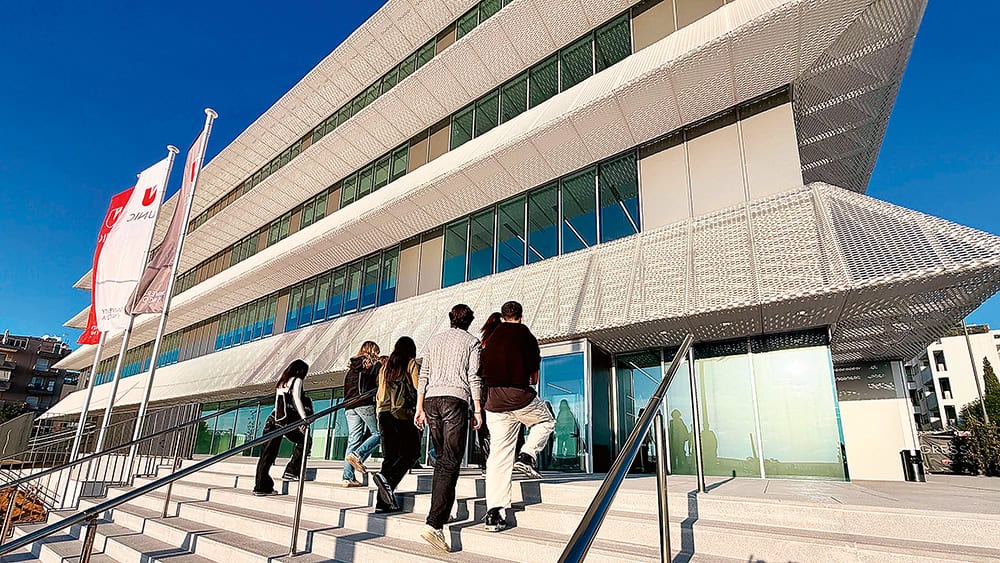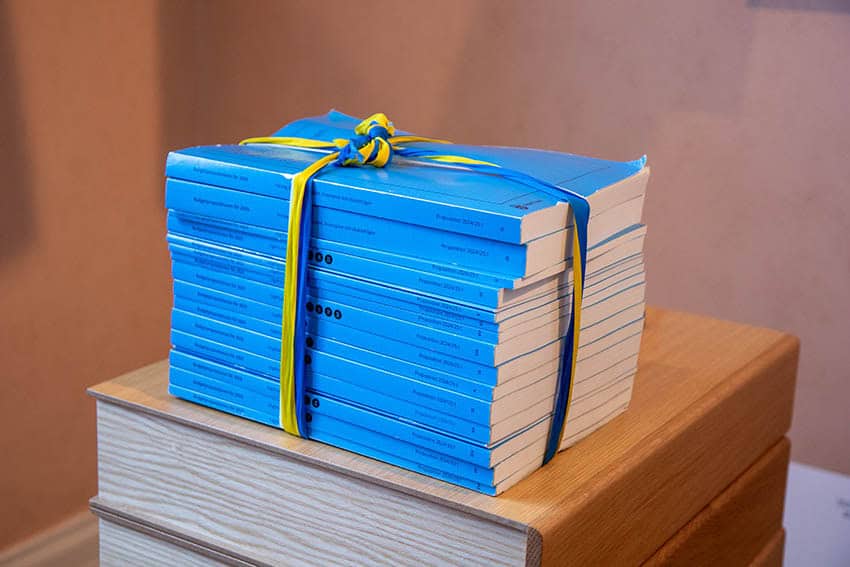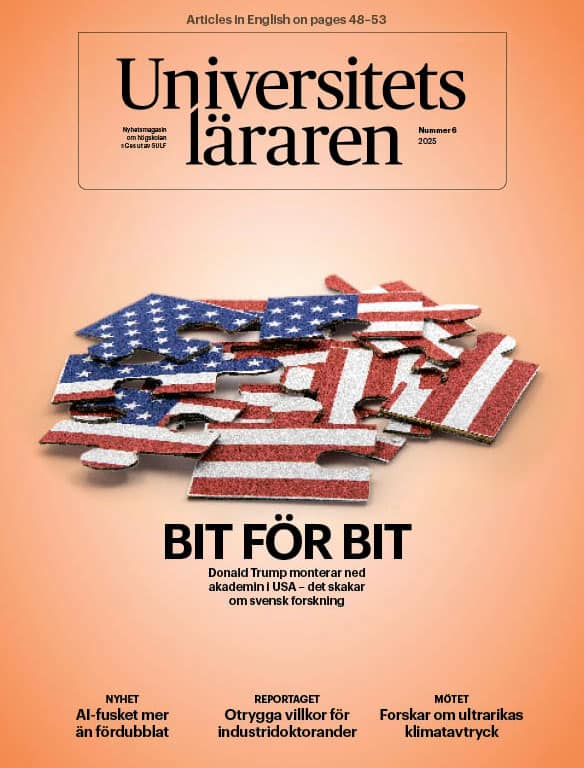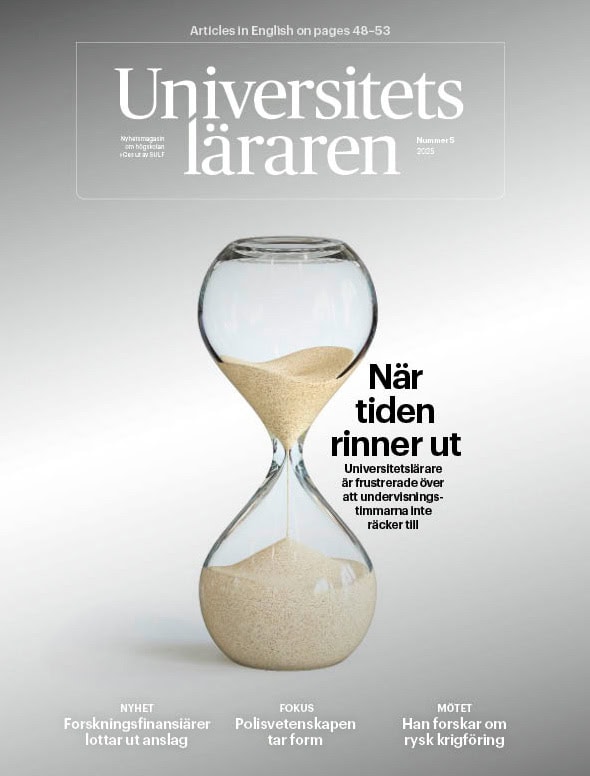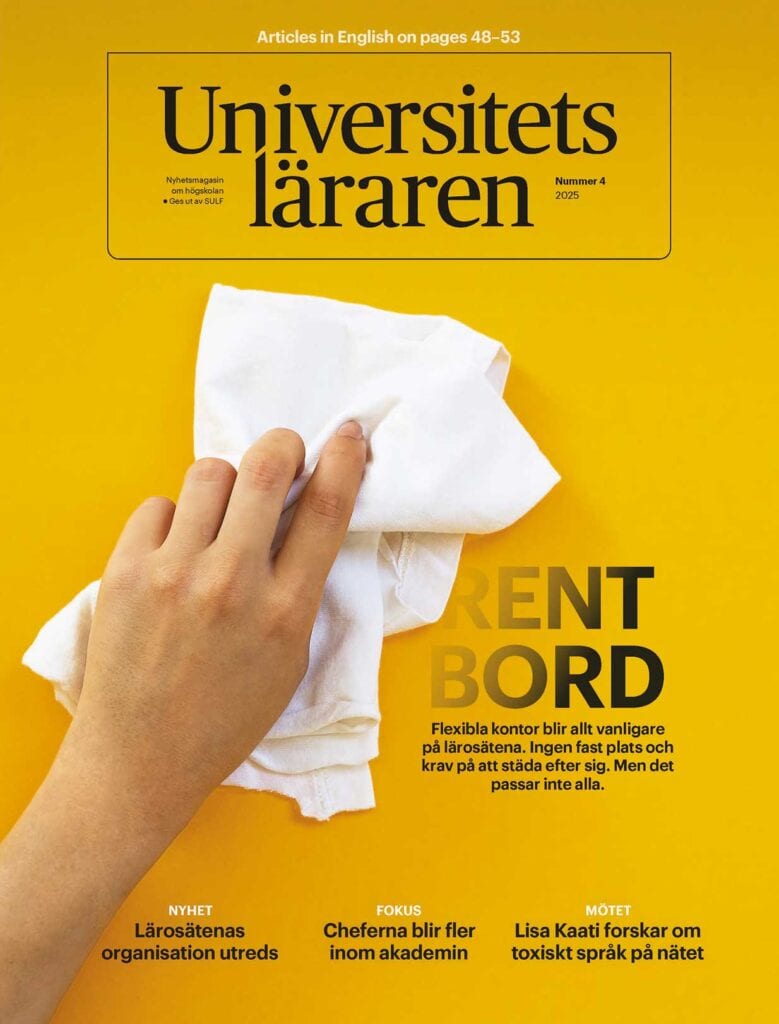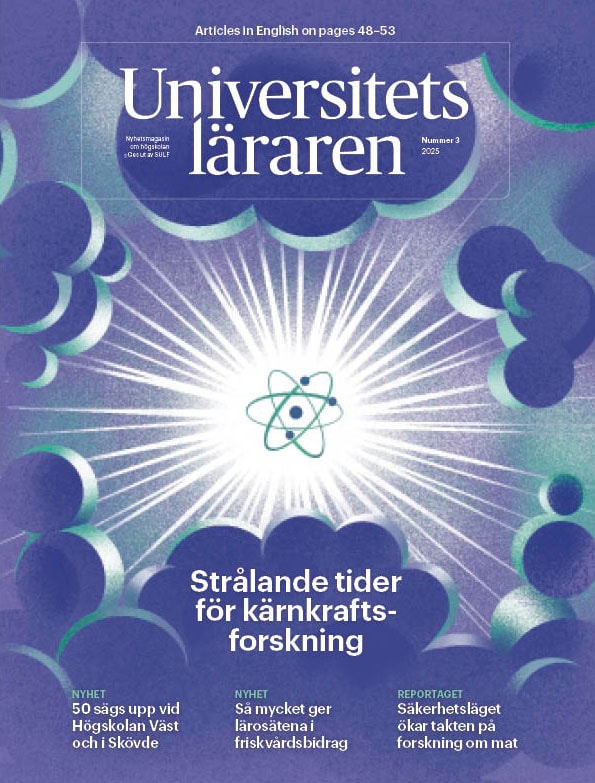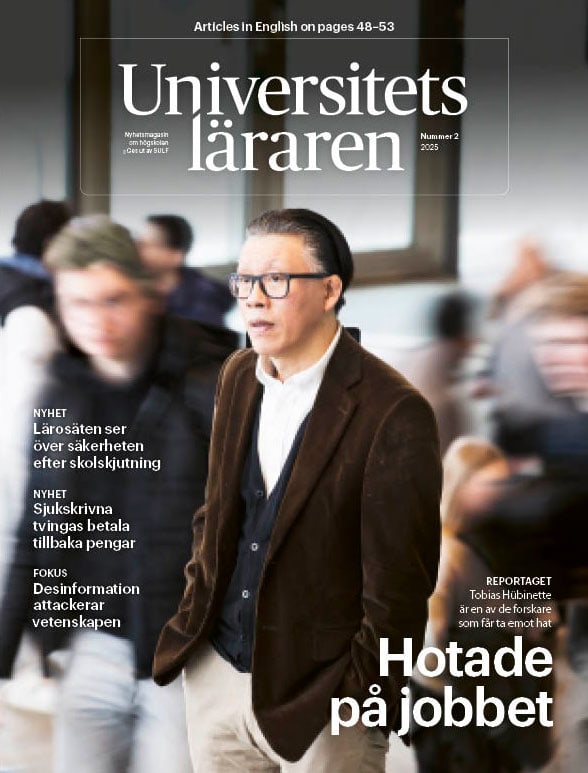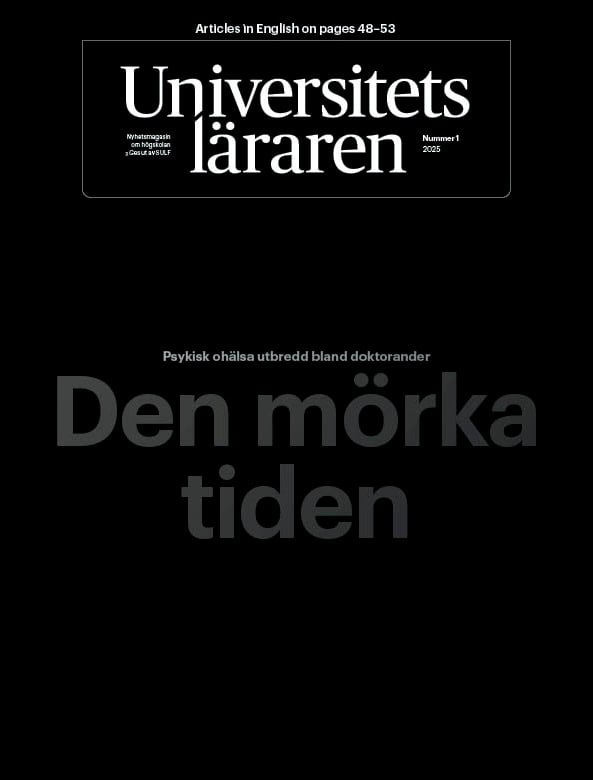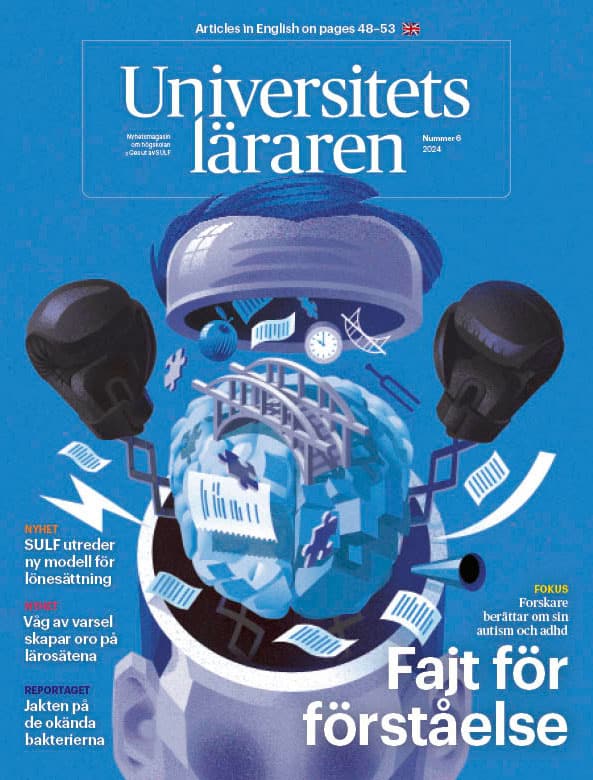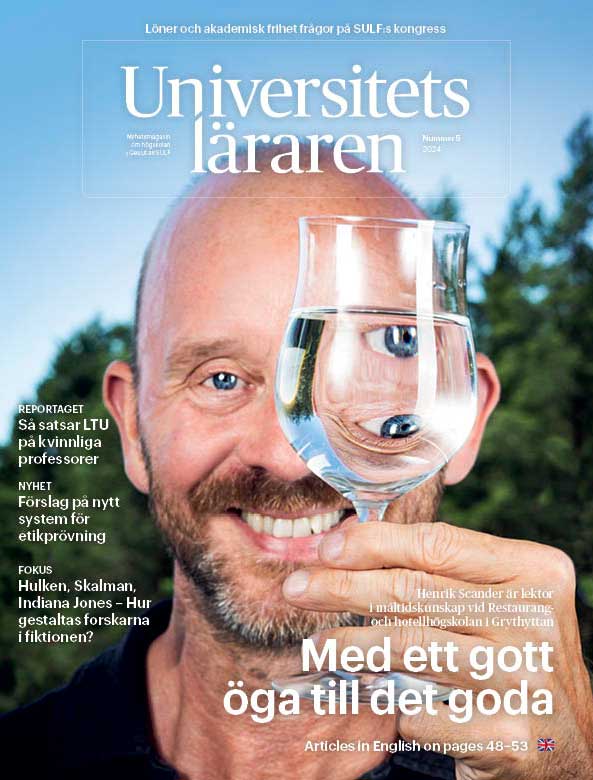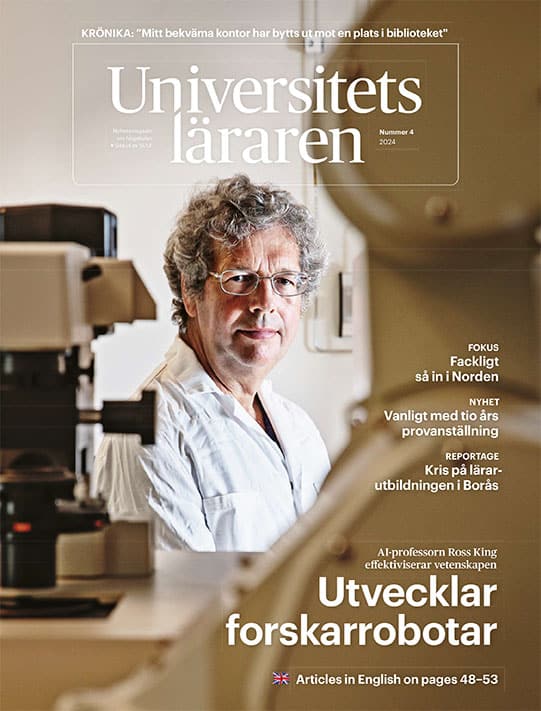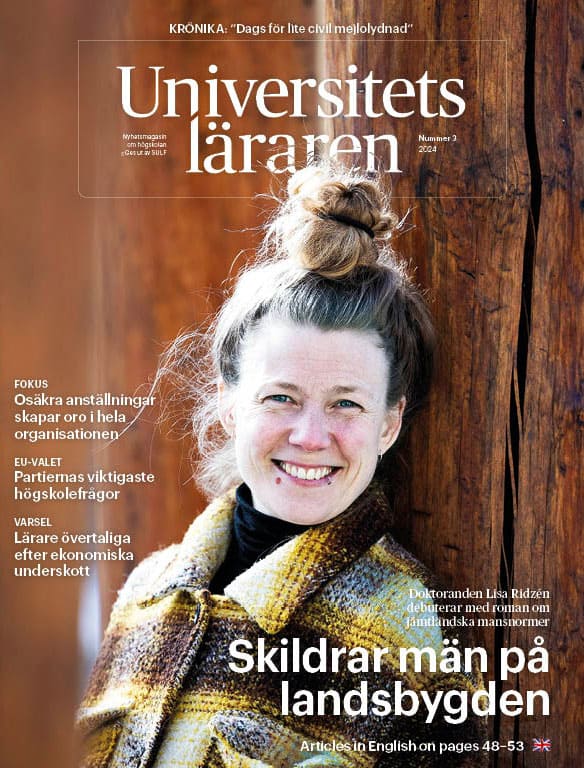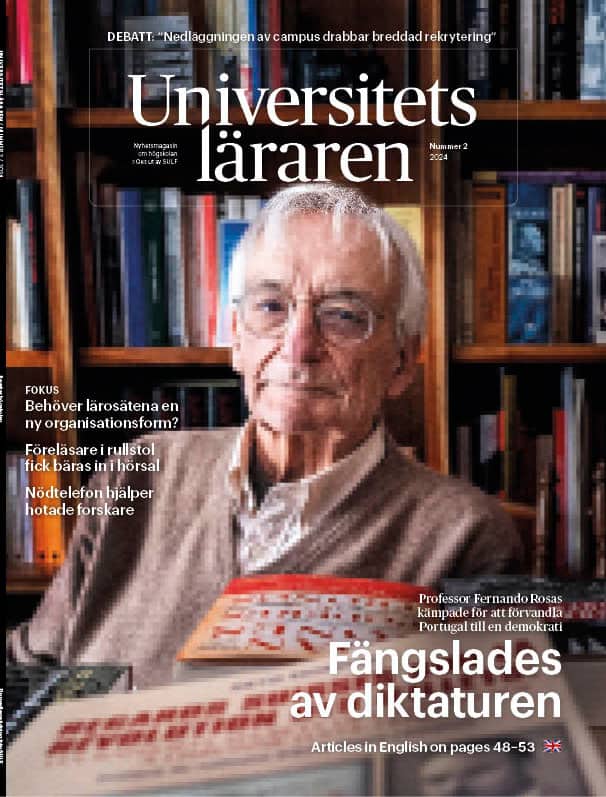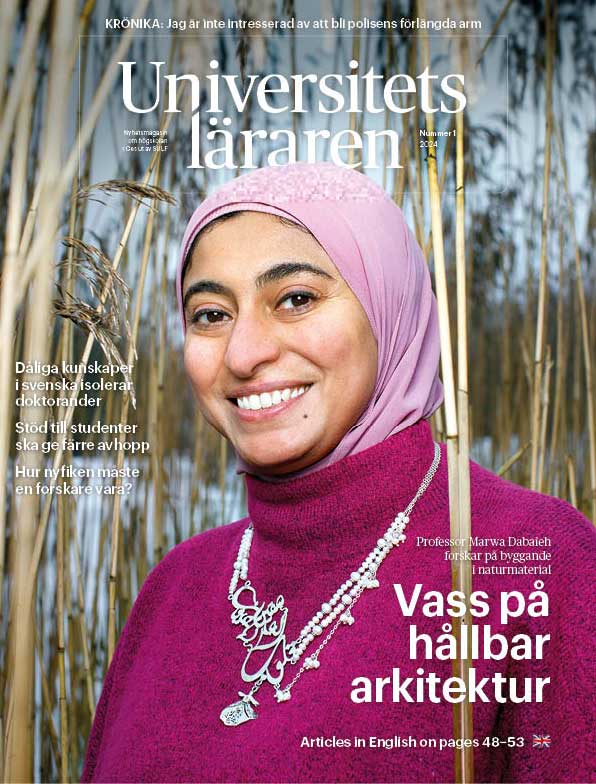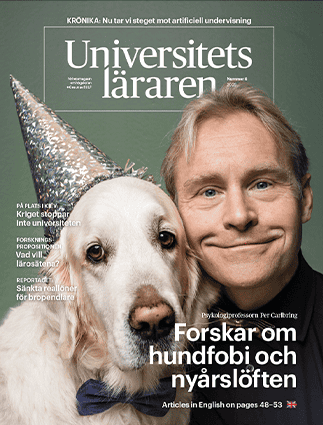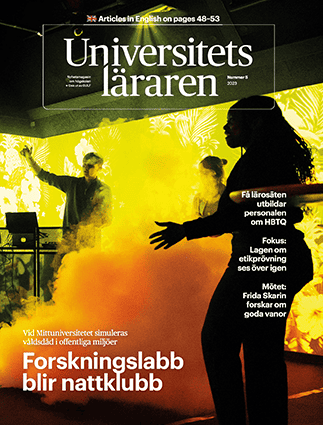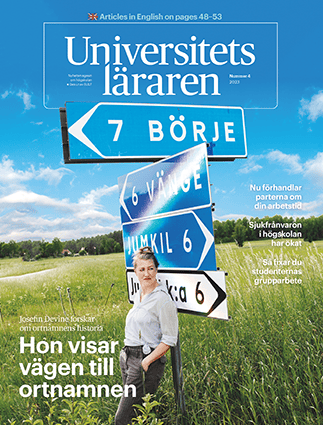In many Western countries, self-study is actively promoted. Students are encouraged to be independent. Especially in higher education at universities and university colleges, students are expected to work individually and independently, with minimal direct assistance from their teachers. This enhances students’ problem formulation, creative and critical thinking, problem solving and decision making skills.
From the very beginning of their lives, students grow up and study in an environment where they are discouraged to learn things by heart and motivated to understand the content instead. They are told that it is ”OK” to make mistakes and that’s the only way to learn. In addition to achieving results and reaching goals, there is also consideration of how the students reached the goals and what the learning outcomes were during the process.
This independent learning approach in western society, which is based on individualism, allows a lot of ”space” in the teacher–student relationship. Another important thing, generally speaking, is the less-competitive structure of the society, where higher education is mostly a matter of interest, not social status. (The reasons for this might be a relatively small population, socio-economic structure and again, individualism).
Students are not obliged to go into higher education, rather it is a choice. Most students who go into higher education are already motivated to learn. This means that just a clear explanation of tasks or a simple ”do it” instruction is enough to get the learning process going. Teachers don’t have to always verbally motivate the students, even though it is good to do so.
In some Asian and African countries, students are expected to follow the instructions provided by their teachers. Their work is evaluated according to how well they have executed those instructions. In some cases, there are underlying economic reasons.
Due to limited funding opportunities to buy equipment, educational institutes don’t want or allow their students to work with instruments if a teacher is not present. That also makes the students dependent on their teachers. As a result, students become afraid to make their own decisions and take initiatives.
Authoritative or hierarchical learning environments in non-western countries create non-reciprocal dependency, (including pseudo-emotional dependency), in the teacher–student relationship. This can be observed through the students’ behaviour, when they wait for some sort of confirmation or feedback regarding every small step of progress they make in their studies.
In some cases, for example for students from the Confucian Heritage Culture (CHC), their upbringing plays an important role in their learning process. Societies with a Confucian philosophy are based on collectivism and family oriented loyalty and obedience. This leads the teacher–student relationship to be a little personal, if not very much so. Because of this subtle emotional attachment, the ”do it; I know you can do it” approach to teaching can be much more efficient than just the ”do it” approach for this group of students. This small amount of care will motivate them and has the potential to bring about positive changes in the learning outcomes to a greater extent.
Educational institutes that offer international programmes and receive international students should recognise this cultural contrast and promote culturally sensitive teaching. It is important to respect individual and cultural differences. As Dr. Swee-Hoon Chuah said:
”For Western lecturers, taking the time to understand where these students are coming from (both literally and figuratively) usually leads to a better understanding of their actions, which can help put things in perspective and enable both parties to work something out satisfactorily. Once this effort is made, teaching these students is a rewarding experience.”
Reza Salim
Research scientist, Mid Sweden University
Board member, SULF’s association of doctoral candidates, SDF


